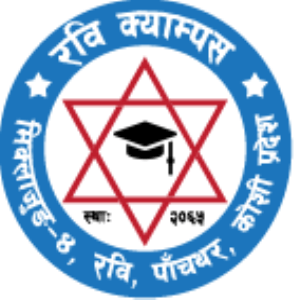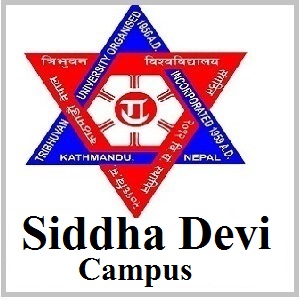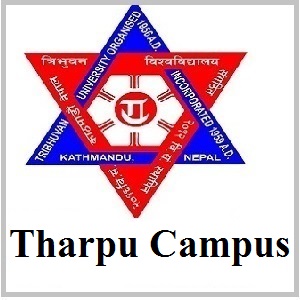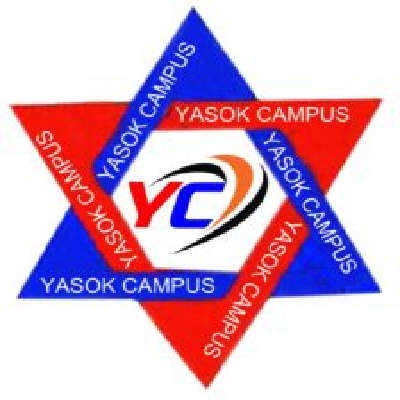Overview
Panchthar Multiple Campus (PMC) was founded in 2039 BS (1982 AD) as a community initiative to expand access to higher education in the eastern hills of Nepal. It is located in Phidim, Panchthar District, Koshi Province, and is affiliated with Tribhuvan University (TU).
The campus was established with the collective efforts of local educators, community leaders, and citizens who shared the vision of providing affordable education in a region that previously lacked higher learning opportunities. Since its establishment, PMC has played an important role in offering formal education, guiding generations of students from Panchthar and surrounding areas.
The institution has continued to uphold its mission of preparing responsible and capable graduates. It has become a center of learning where students from rural and urban backgrounds come together to pursue academic growth and professional development.
Quick Highlights
-
Established: 2039 BS (1982 AD)
-
Location: Phidim Municipality, Panchthar District, Koshi Province, Nepal
-
Affiliation: Tribhuvan University
-
Type: Community-based public institution
-
Programs: Bachelor’s and Master’s degrees in Management, Humanities, and Education
-
Plus Two Programs: Management and Education streams (NEB)
-
Facilities: Library, Computer Lab, Hostel, Sports Ground, Multimedia Classes, Counseling Services
-
Special Support: Scholarships for meritorious and financially disadvantaged students
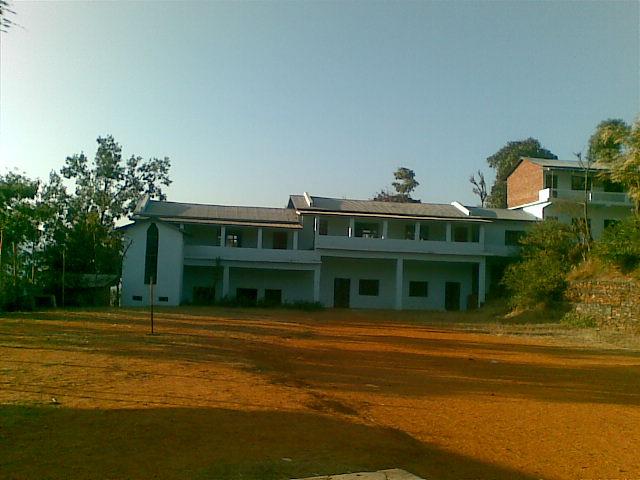
Academic Programs Offered
PMC offers courses at the undergraduate and postgraduate levels, as well as higher secondary education.
Faculty of Humanities and Social Sciences
-
Bachelor of Arts (BA) – with specializations in humanities and social sciences.
Faculty of Education
-
Bachelor of Education (B.Ed.) – general and subject-specific programs.
-
Master of Education (M.Ed.) – with courses in Educational Planning and Management (EPM) and Nepali Education.
Faculty of Management
-
Bachelor of Business Studies (BBS) – focusing on business, finance, and administration.
Plus Two Programs (NEB)
-
Management Stream
-
Education Stream
These programs provide a pathway for students who want to continue their studies at higher levels within Nepal.
Admission Process
Admission requirements are designed to be fair while maintaining academic quality.
-
BA and BBS: Students must have a minimum GPA of 1.6 in NEB or +2.
-
B.Ed.: A GPA of 2.1 or equivalent second division.
-
M.Ed.: Completion of a Bachelor’s degree in Education or a related field.
Required Documents
-
SEE marksheet and character certificate
-
Grade 11 and 12 marksheets, character certificate, and transcript
-
Provisional and migration certificates (if applicable)
Merit-based scholarships and financial assistance are available for deserving students and those facing economic difficulties.
Teaching Faculty and Learning Approach
The faculty at PMC includes experienced teachers with strong academic backgrounds. Many have long teaching careers and higher qualifications that contribute to effective instruction.
Teaching is conducted through lectures, practical assignments, presentations, and group discussions. Students also participate in seminars, workshops, and fieldwork, which help connect theory with practice.
Regular assessments and interactive sessions encourage continuous improvement and keep students actively engaged in their studies.
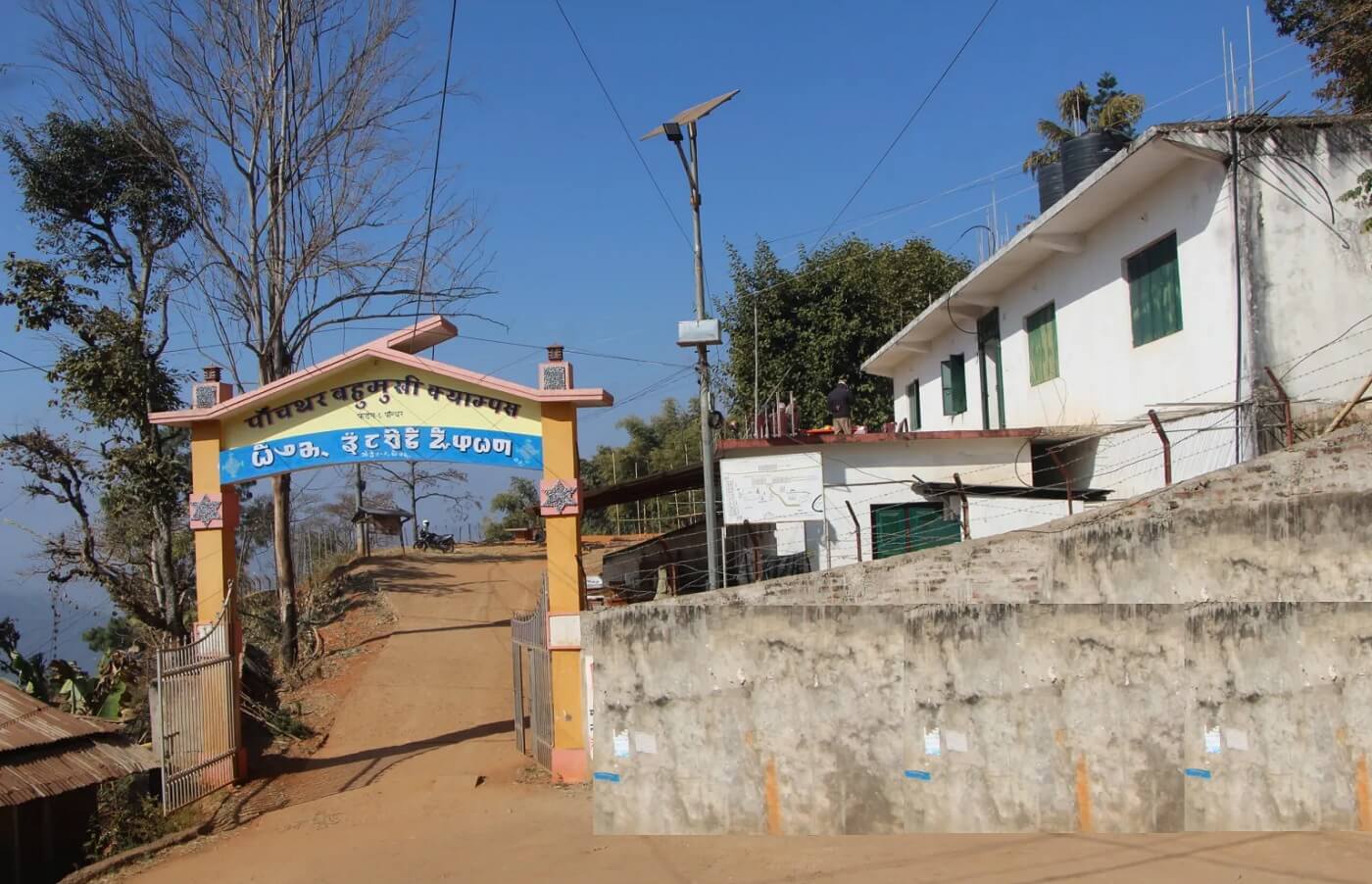
Infrastructure and Learning Facilities
PMC has gradually developed facilities that support both teaching and extracurricular activities:
-
Library: Reference books, journals, and study materials.
-
Computer Lab: Internet-connected computers for academic use.
-
Science Laboratory: Practical resources for science-related activities.
-
Classrooms: Well-ventilated rooms with multimedia support.
-
Conference Hall: Used for seminars, meetings, and training programs.
-
Hostel: Accommodation for students from remote areas.
-
Cafeteria: Affordable and hygienic meals.
-
Sports Facilities: Grounds and equipment for football, volleyball, and athletics.
-
Counseling Services: Academic and career guidance.
Student Life and Campus Experience
Life at PMC extends beyond academic courses. Students take part in cultural programs, debates, educational tours, and awareness activities. These experiences help them gain confidence, leadership skills, and a sense of responsibility toward society.
Clubs and student groups organize events and often collaborate with the campus administration to strengthen the academic and cultural atmosphere.
Extracurricular Activities
Extracurricular activities are considered an essential part of student life at PMC.
-
Sports: Football, volleyball, sack race, and local games.
-
Cultural Programs: Music, dance, poetry, and traditional performances.
-
Tours and Field Visits: Educational trips to broaden exposure.
-
Workshops and Seminars: District and province-level academic gatherings.
These activities balance classroom learning with physical, cultural, and social development.
Scholarships and Financial Support
PMC provides financial assistance to ensure students from different backgrounds can continue their studies.
-
Merit Scholarships: For high-performing students.
-
Need-Based Support: For students facing economic challenges.
-
Community Scholarships: Provided through local organizations and donors.
This system ensures that financial limitations do not block capable students from pursuing higher education.
Achievements and Milestones
Since its establishment, PMC has reached several important milestones:
-
Thousands of graduates have contributed to teaching, government service, business, and other fields.
-
Expansion from secondary education to Master’s programs in key faculties.
-
Continued affiliation with TU.
-
Active participation of students in regional and national competitions.
-
Recognition as a reliable center for higher education in eastern Nepal.
Why Choose Panchthar Multiple Campus?
-
Community-Based Foundation: Built by the local community for local needs.
-
Wide Program Options: Offers 10+2, Bachelor’s, and Master’s degrees in Humanities, Education, and Management.
-
Inclusive Access: Students from different social, economic, and cultural groups are welcomed.
-
Affordable Education: Moderate fee structures combined with scholarships.
-
Qualified Faculty: Dedicated teachers with long experience.
-
Balanced Growth: Equal focus on studies, extracurriculars, and personality development.
Conclusion
Panchthar Multiple Campus, Phidim, has served as a vital academic institution in eastern Nepal since 2039 BS. By offering accessible and affordable education, it has changed the lives of students from rural and urban areas alike.
The campus continues to fulfill its responsibility of providing higher education, shaping graduates who are academically capable and socially responsible. Its contribution to education, culture, and community development makes it an important institution for the region and the nation.
Contact Panchthar Multiple Campus's administrative office for detailed information on the course, admissions, location, fees, scholarships, facilities, counseling or eligibility.


